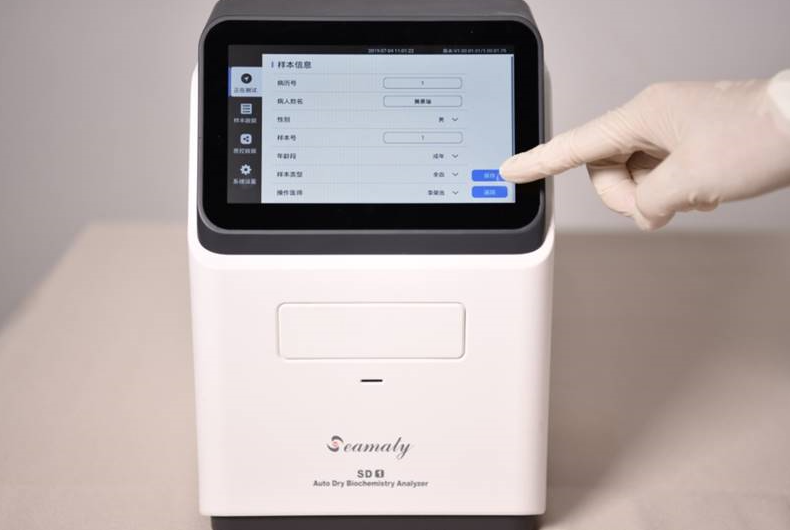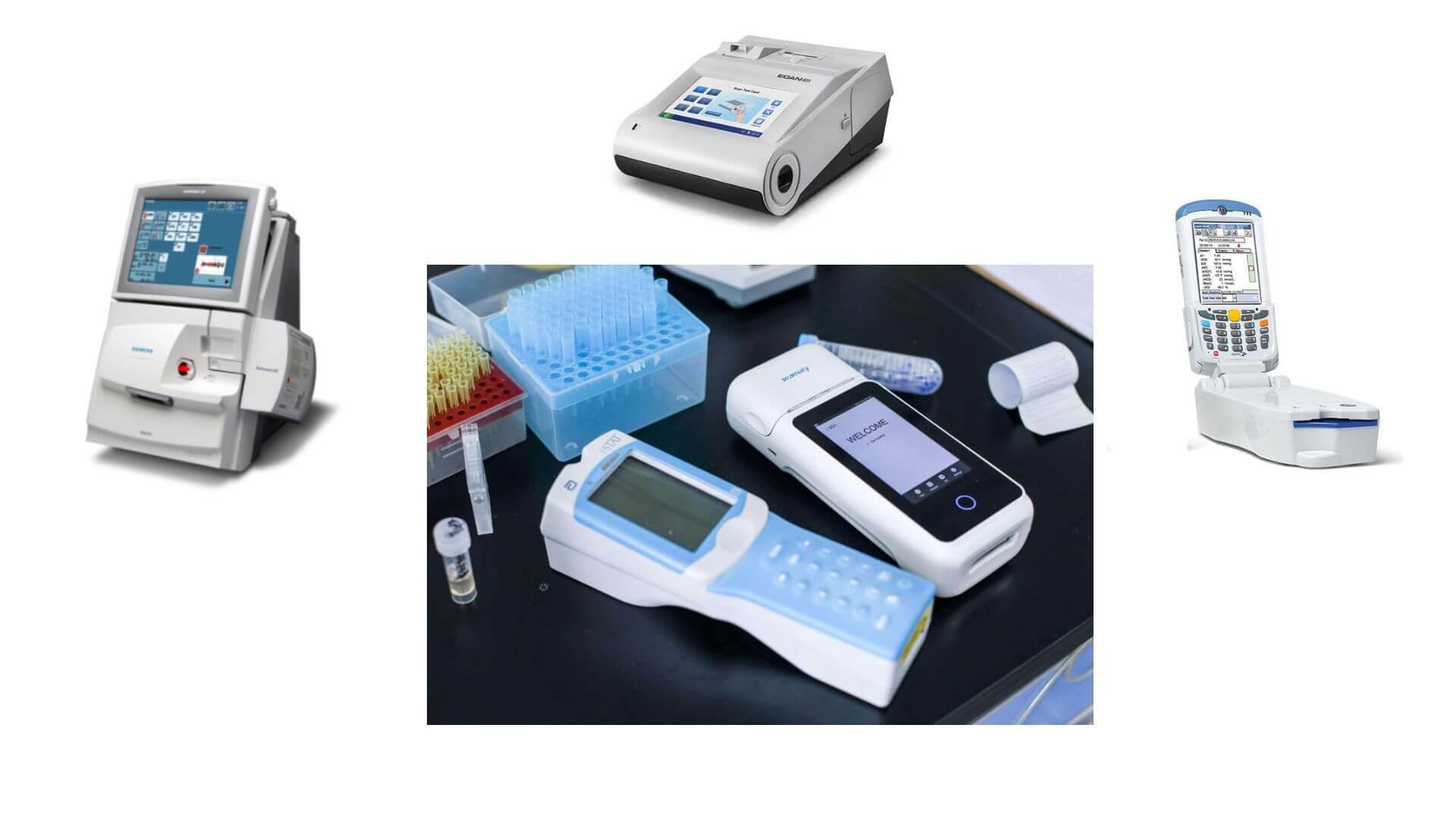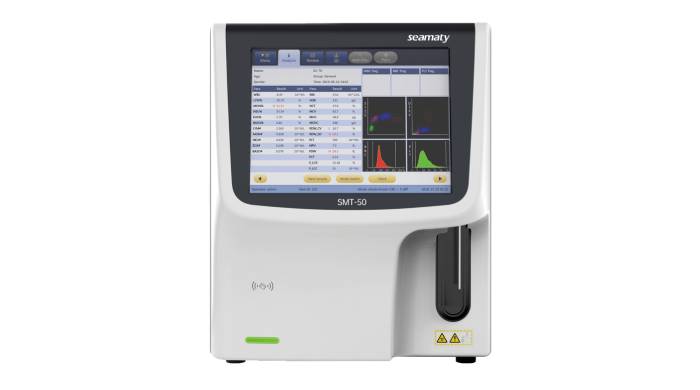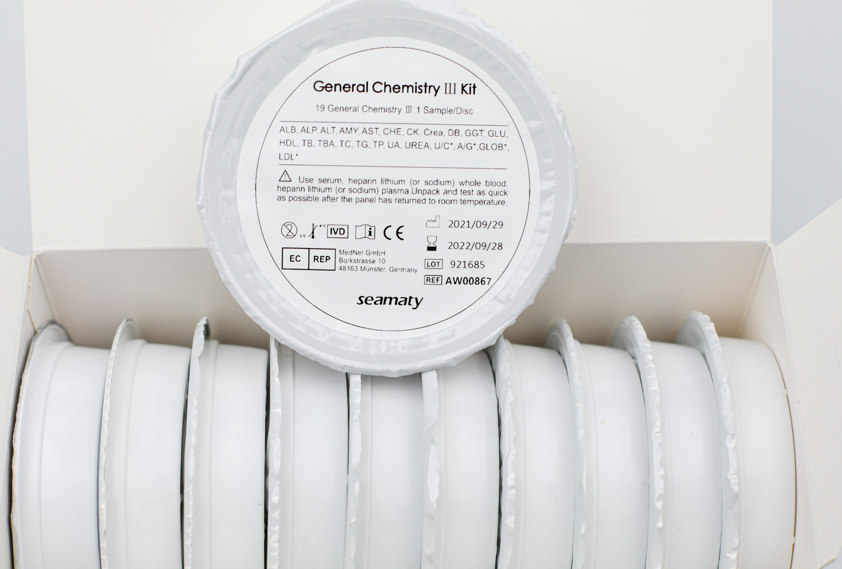release time:2022-07-04 16:02:00
In a clinical laboratory, a chemistry analyzer is an instrument that is used to measure concentrations of various biomolecules in body fluids. The results of these measurements can provide important information about a patient's health.
In addition, chemistry analyzers can be used to monitor the progress of a patient's disease. For example, measuring the level of prostate-specific antigen (PSA) in the blood can help to track the progression of prostate cancer. Thus, chemistry analyzers are important tools in both diagnosis and treatment of many diseases.

1. Clean the outside of the machine regularly with a damp cloth. This will help to remove any dust or dirt that could potentially enter the machine and affect its performance.
2. Periodically check the calibration of your machine. Most models come with an instruction manual that will detail how to do this.
3. Change the filters on your machine according to the manufacturer's guidelines. This will ensure that air can flow freely through the machine and that dust particles are removed efficiently.
4. Keep the machine well-lubricated according to the manufacturer's instructions. This will help to prevent wear and tear on vital components, extending the life of your machine.
By following these simple tips, you can help ensure that your chemistry analyzer continues to provide accurate and precise results for years to come.
Conclusion
If you are in the market for a chemistry analyzer, it is important to understand the different types and how to choose the best one for your needs. The benefits of using a chemistry analyzer include accurate and fast results, ease of use, and portability. By following these tips and taking care of your chemistry analyzer, you can ensure that you get the most accurate results from your tests.

2023-10-30
Discover the critical factors to consider when selecting a blood gas analyzer for point-of-care POC testing in healthcare. Explore real-world examples of top analyzers, ensuring accurate and rapid results. Make informed decisions to enhance patient care with the right choice.

2022-05-11
Blood Counters are instruments used to measure the specific number of red blood cells, white blood cells, platelets, hemoglobin, etc. in the blood. The number of each type of blood cell is measured in the blood and the results of the test are compared to give the doctor a specific test to determine the threat of potential disease to the body.

2022-03-17
Seamaty has developed and produced a comprehensive checkup tray containing 23 test items (the largest number of test items at present), which can be used in combination with the supporting instrument SD1 biochemical analyser